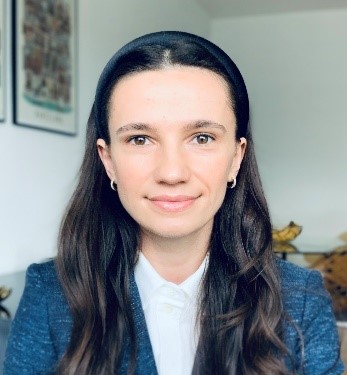英文首页﹀
Occupational Choice and Intergenerational Mobility of Welfare
2021-11-05
Time: 10:00 am-11:30 am, Nov. 5th, 2021
Platform: Zoom
Speaker: Corina Boar
(New York University)
Link:https://us06web.zoom.us/j/83034958277?pwd=emkyd0NTQVhiR2xKbGpUZVNnekQwZz09
Meeting ID: 830 3495 8277
Passcode: inse
Abstract:
Based on responses in the General Social Survey, we construct an index that captures non-monetary qualities of occupations, such as respect, learning, and work hazards, relevant to the well-being of workers. Using the Panel Study of Income Dynamics and National Longitudinal Survey of Youth data, we document that the children of richer US parents are more likely to select into occupations that rank higher in terms of this index. We rationalize this fact by introducing occupational choice with preferences over the intrinsic qualities of occupations into a standard theory of intergenerational mobility. Estimating the model allows us to infer the equivalent monetary compensation each worker receives from the intrinsic qualities of their chosen occupation. Earnings adjusted to reflect this additional compensation show substantially larger persistence of income from parents to children. Our model further predicts that the trends in the composition of labor demand in the US over the past three decades decreased intergenerational persistence, and also led to higher growth in the welfare of the average worker than that implied by observed earnings.
Speaker:

Professor Corina Boar is Assistant Professor of Economics at New York University and a Faculty Research Fellow at the NBER. Prior to joining New York University, Corina Boar was a Postdoctoral Research Associate at Princeton University. Professor Boar's research is in the field of macroeconomics. She uses both data analysis and quantitative models to understand the determinants of individuals' consumption-saving and labor market decisions, as well as ensuing implications for the evolution of macroeconomic aggregates, inequality and the effectiveness of government policies. Two of her papers are forthcoming in Review of Economic Studies. She received a Ph.D. in Economics from the University of Rochester in 2017.

